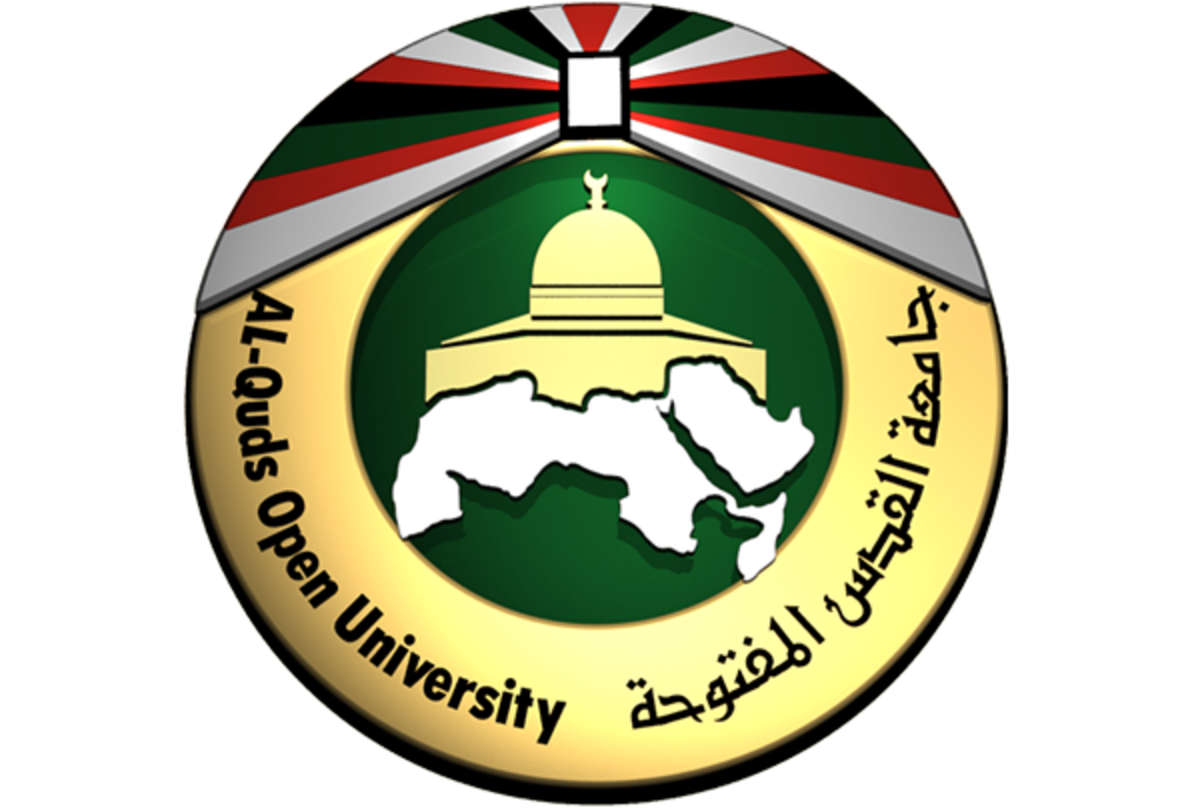Journal of Al-Quds Open University for Educational & Psychological Research & Studies

Abstract
The current study aimed to explore the most important demographic and non-demographic factors affecting the prediction of the academic performance of University students. The two researchers used the analytical and relational descriptive approach. The study was conducted on 4920 undergraduate students at the Palestine Technical University Kadoorie. The study sample consisted of 493 male and female students. The results of the study showed a positive relationship between the variables: High school rate, type of high school, and the trend towards school teachers and motivation towards learning with the student’s academic achievement, and the presence of a negative relationship with the variable number of private lessons subjects. The study also revealed an effect of the rate of secondary school and the number of private lessons on the student’s academic achievement. The non-demographic variables, the variables of the trend towards the schoolteacher and the drive towards learning, had a statistically significant effect on the student’s academic achievement. In contrast, the study revealed that there was no statistically significant effect on the variables of gender, type of secondary school, the number of class students, the monthly family income, psychological resilience, and emotional intelligence on the student’s academic achievement. The study discussed the results and recommended that the universities adopt an open-door policy in admission, build an interactive relationship between the teacher and the learner based on effective dialogue, and provide a safe, stimulating and attractive environment that enhances motivation towards learning among students.
Recommended Citation
Shanaa, Hisham Abd-Alrahman and Aboushi, Mosab Mohammad Jamal
(2021)
"The Most Important Demographic and Non-Demographic Variables Predicting Academic Achievement Among Palestine Technical University (Kadoorie) Students,"
Journal of Al-Quds Open University for Educational & Psychological Research & Studies: Vol. 12:
No.
36, Article 6.
Available at:
https://digitalcommons.aaru.edu.jo/jaqou_edpsych/vol12/iss36/6

